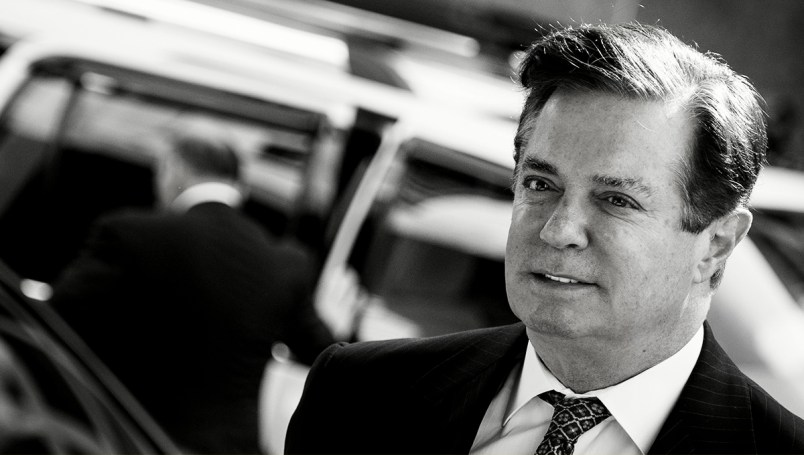ALEXANDRIA, VA — U.S. District Judge T.S. Ellis instructed the jury in the Paul Manafort case to keep deliberating, after the jury sent him a question about what they should do if they cannot come to a consensus on an individual count. Manafort is facing 18 counts as part of the special counsel Robert Mueller’s case against him.
“If you shall fail to agree on a verdict, this case will be left open and undecided,” Ellis said, reading an instruction from an appellate case dealing with this issue.
Before the jury was brought in to receive Ellis’ instruction, the judge let the lawyers on both sides of the case read the question, which the jury sent to the judge at around 11 a.m. Tuesday morning, and the instructions he planned to read them, known as Sawyer instructions. He also signaled that if the jury continued to struggle to come to a consensus on one or more of the counts, he might at a later time call the jurors back in and ask them how many counts they have been able to reach an agreement.
Neither the prosecutors nor the defense had an objection to Ellis’ move to read the instructions.
Kevin Downing, an attorney for Manafort, brought up an additional query the jury had posed in its question: the jurors sought another verdict form. Downing said he thought it would be appropriate for them to be given a new form that would give them a third option — for a hung jury or otherwise — on each count, in case they couldn’t reach an agreement.
Greg Andres, a prosecutor for Mueller’s team, said that he would object to that idea. Ellis said that he agreed with Andres, since at this point in time the purpose of the instructions was to see that they reach a unanimous verdict.
If they report back later on that they’re still struggling to agree, “Then we will cross that bridge at that time,” Ellis told Downing.
The instructions Ellis read the jury sought to remind them “how desirable” it would be for them to unanimously reach a verdict. He said that it did not appear the case could be tried any better or more exhaustively. Any other jury would have gone through the same selection process, Ellis said, so there is no reason to believe the case could go to a jury more competent and conscientious.
He urged the jurors to carefully consider the evidence and reexamine their own views while listening to the views of the other jurors. If a majority of the jurors believe that the defendant is guilty on a count, then the dissent should consider whether their doubts about the verdict are reasonable ones, Ellis said. If a majority or even a lesser number of jurors are for acquittal, dissenting jurors should consider whether the evidence fails to provide the proof necessary.
“You are not partisans. You’re judges,” Ellis said. He said it was the jurors’ duty to reach a verdict but that they should not violate their convictions.
The question came on the jury’s fourth day of deliberations. The prosecutors spent more than two weeks laying out their case — albeit with a fews hours of interruption for closed door hearings on a sealed matter. The defense did not call any witness of its own.
Manafort has pleaded not guilty to all charges. There’s an additional case in D.C., alleging Manafort engaged in a money laundering conspiracy and that he failed to disclose foreign lobbying, that is set to go to trial in mid-September.










